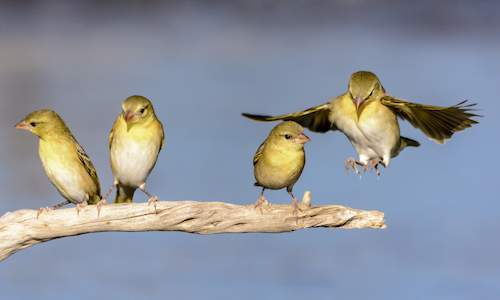
It is your sole responsibility to provide comprehensive insurance for yourself or any dependents or travel partners.
Emergency Medical Cover and Travel Insurance
Insurance should cover cancellation of the trip, emergency evacuation expenses, medical expenses and damage/theft/loss of personal baggage, money or goods.Malaria
Malaria can kill quickly, if not diagnosed early enough for treatment. So why take the risk. Talk to your doctor about Malaria precautions. You should be on a course of anti malarials a week before departing your home town, during the trip, and after you return home, for at least a week.
Mosquitoes are active after dusk - until dawn. And perhaps even in heavy shade near water. As the sun sets you should be applying mosquito repellant spray or cream to ALL exposed skin surfaces. Wearing a long sleeved shirt and jeans, or chinos greatly reduces the areas of attack.
Malaria symptoms include: aches, chills, headaches and fever, muscle pains and diarrhoea. This is followed by breathing problems and eventual organ failure - leading to death, if not treated promptly. But, why go through all that, when with the right precautions, the risk of infection can be minimised.
Yellow Fever
This is a disease transmitted to humans by the bite of a mosquito infected with the Yellow Fever virus. Proof of Yellow Fever vaccination is required if you are coming from a country where yellow fever occurs. You will need to see your doctor in order to obtain a vaccination certificate, at least two weeks before you travel. Without a vaccination certificate you will find yourself on the next plane home.Heat & Hydration
The heat in Botswana may be intense, so always make sure you are well hydrated, use sun screen with a high protection factor, wear light clothes, a hat and sun glasses. If you are not used to heat, try to stay in the shade or indoors during the hottest parts of the day.Water Precautions
It is generally safe to drink the tap water in Botswana. But outside the main cities and towns, visitors should rather keep with bottled water. Bottled water is provided at all lodges and camps, and on all guided safaris. If you are on your own camping trip, you ought to:- have enough fresh water for your trip
- have a supply of water sterilization tablets, in case you have mis-calculated
- know how to sterilize water, if you have forgotten the tablets

 Botswana information on country facts, faq, seasons of Botswana and useful travel information......
Botswana information on country facts, faq, seasons of Botswana and useful travel information......